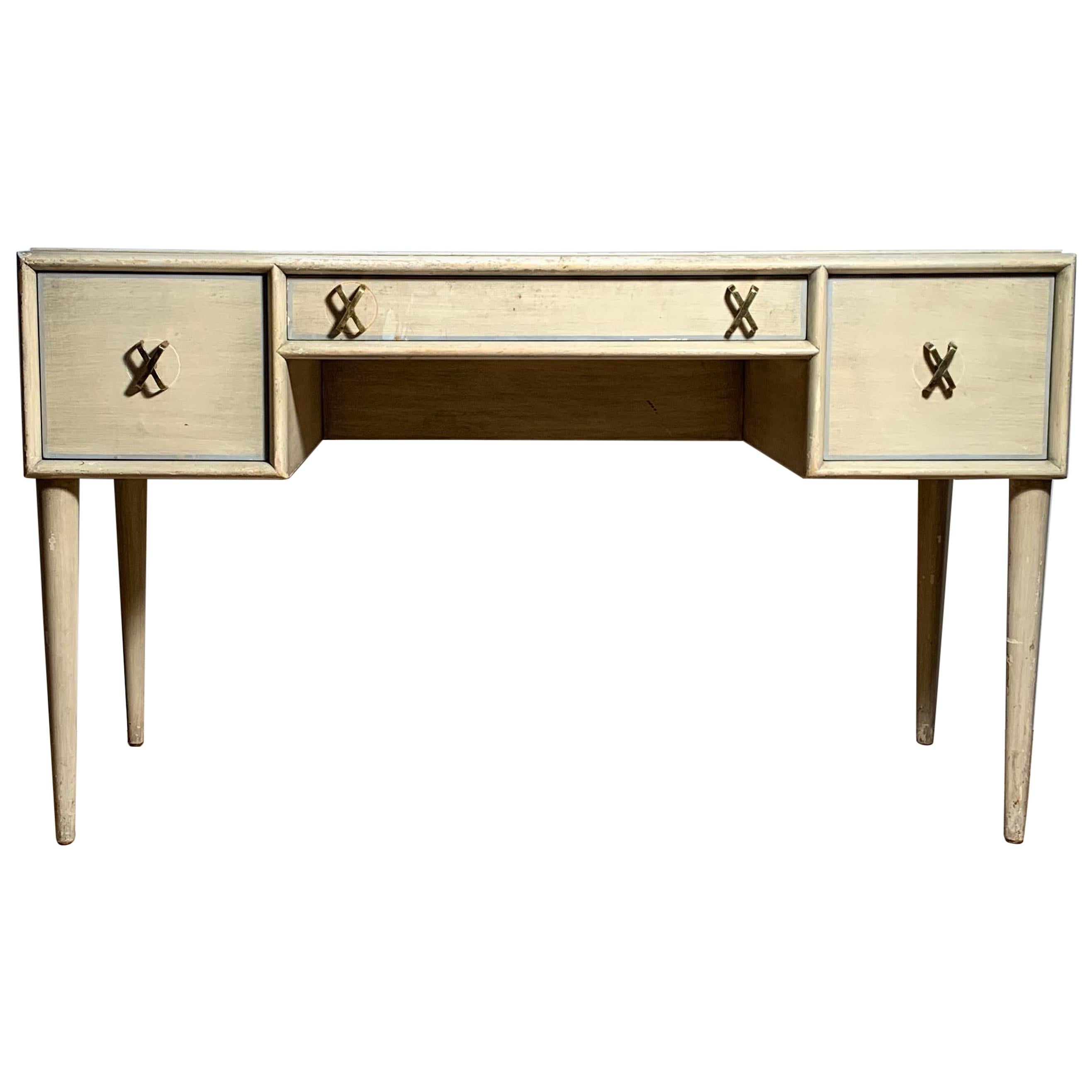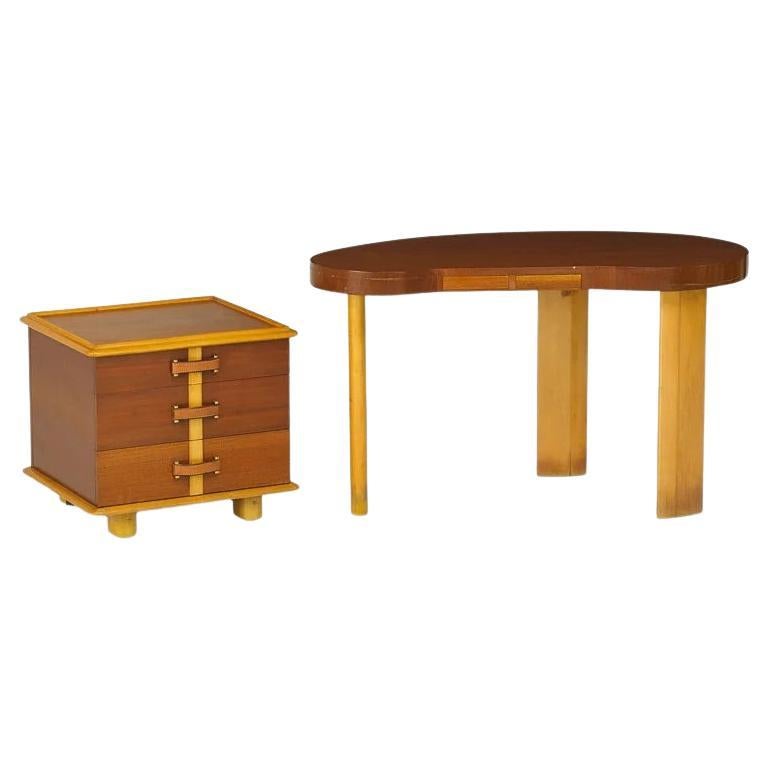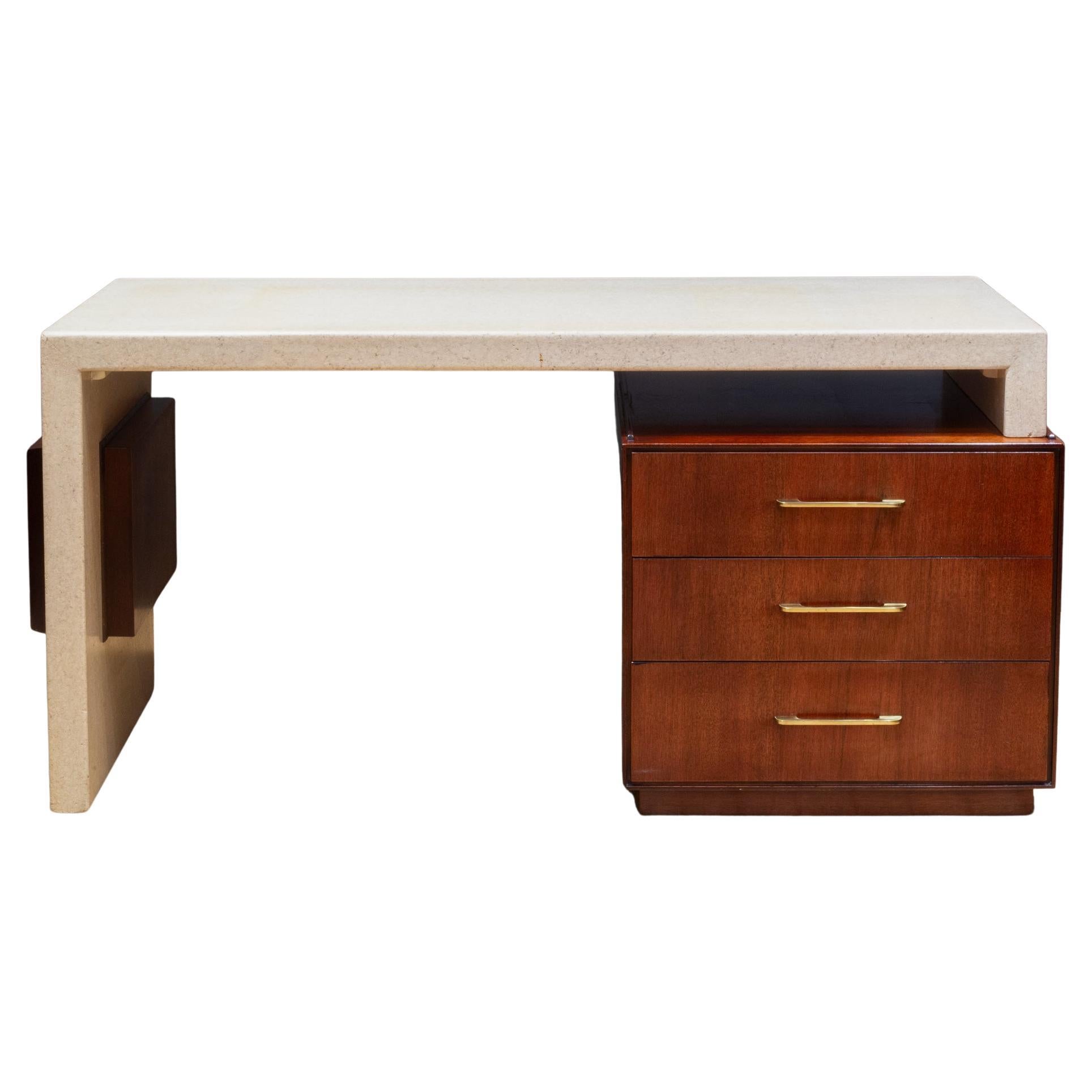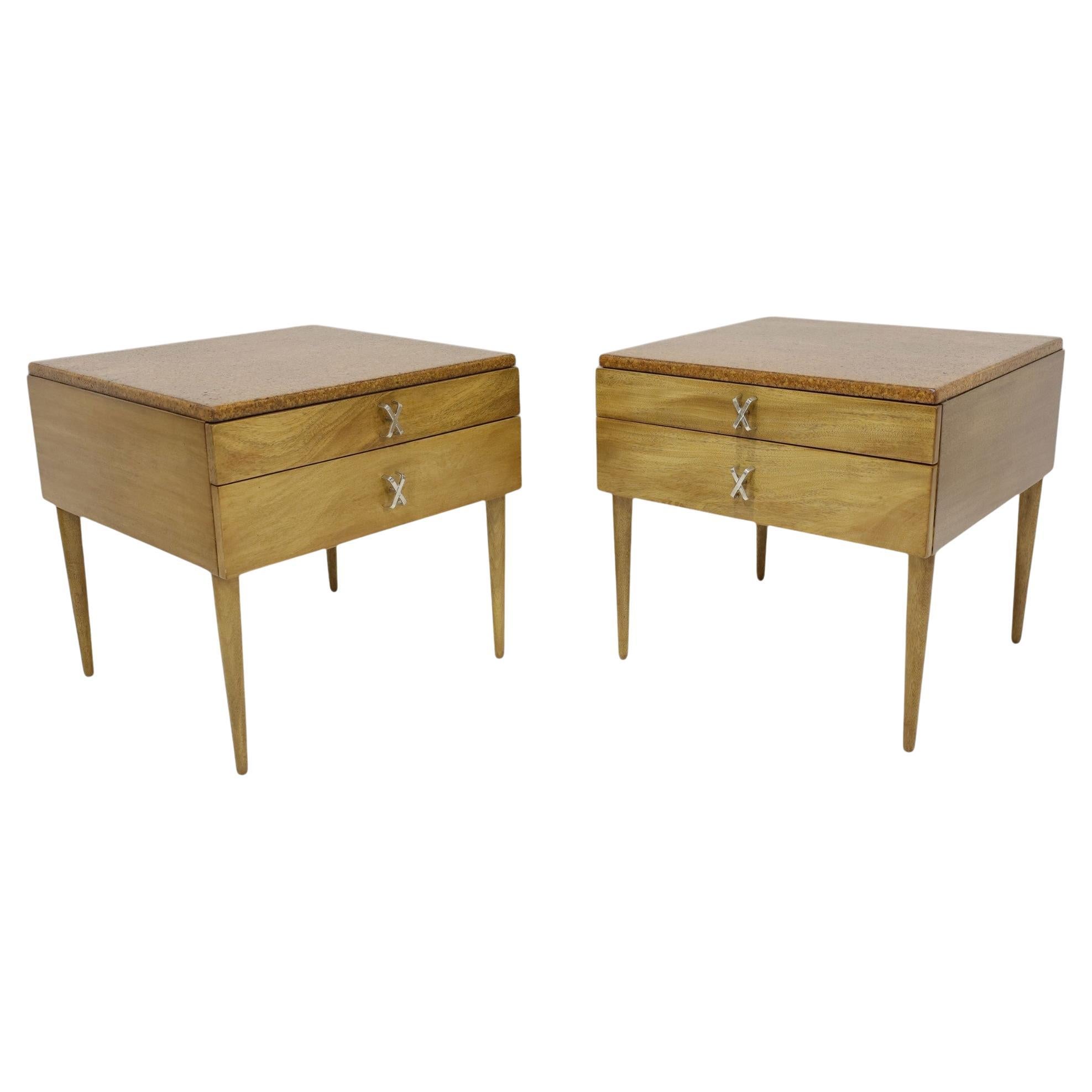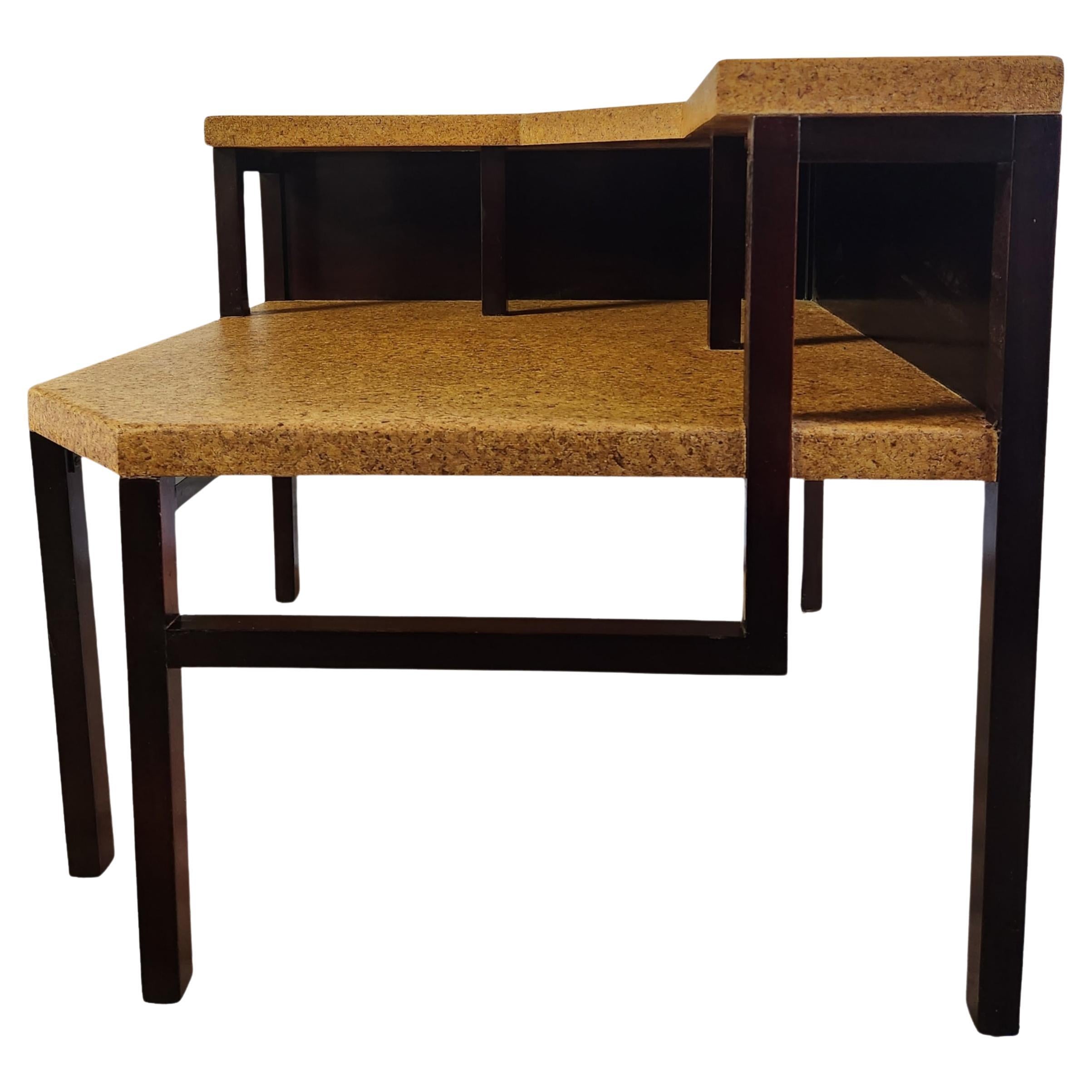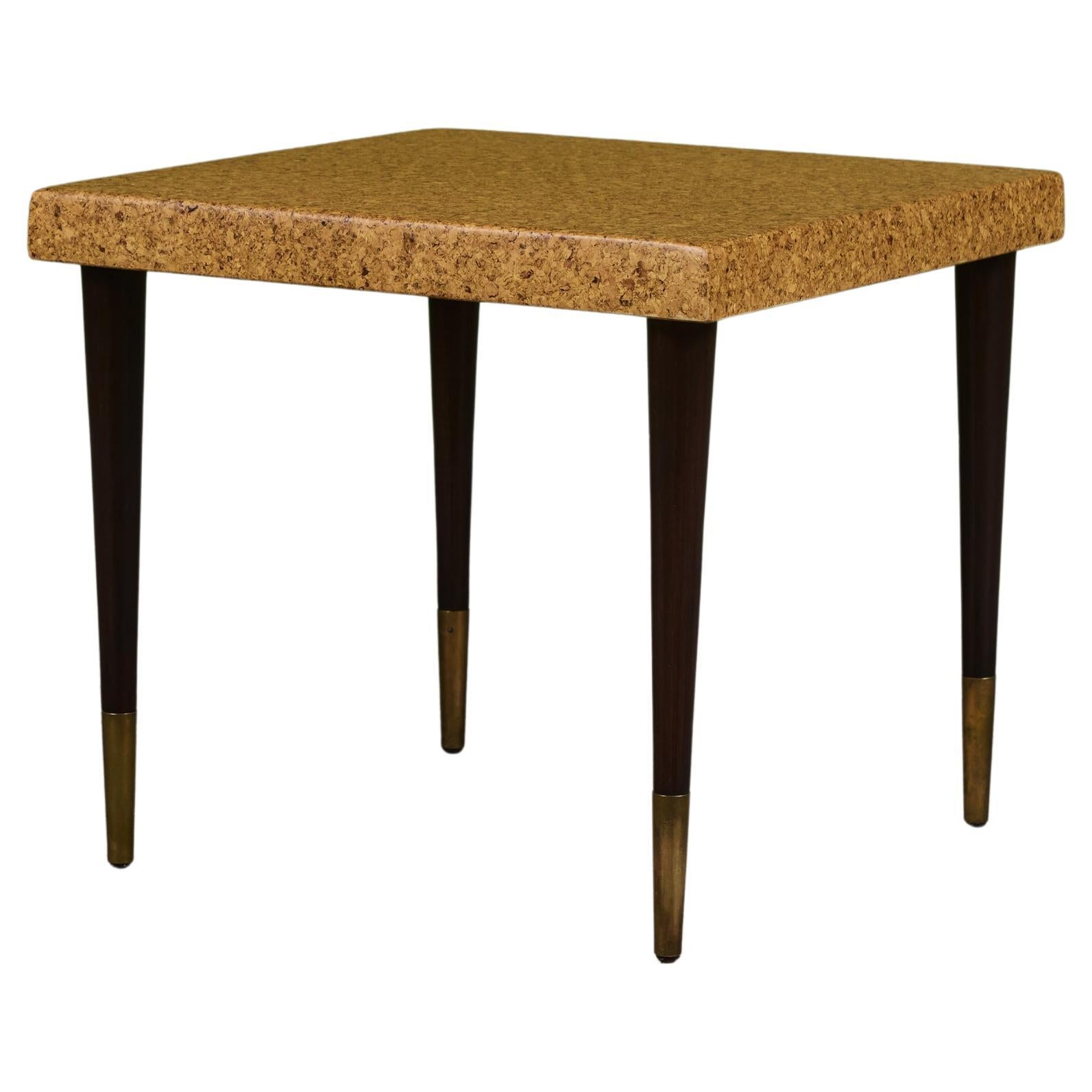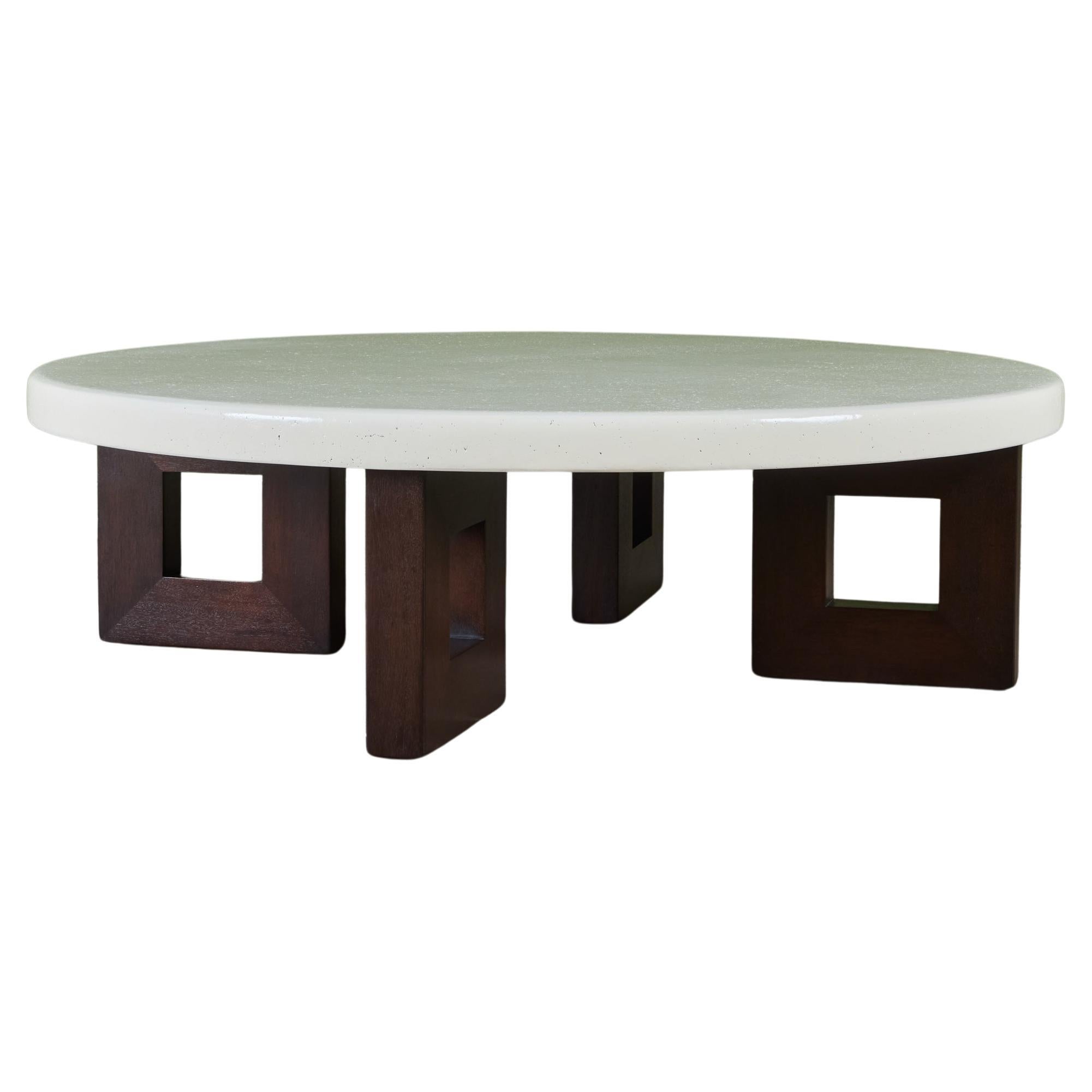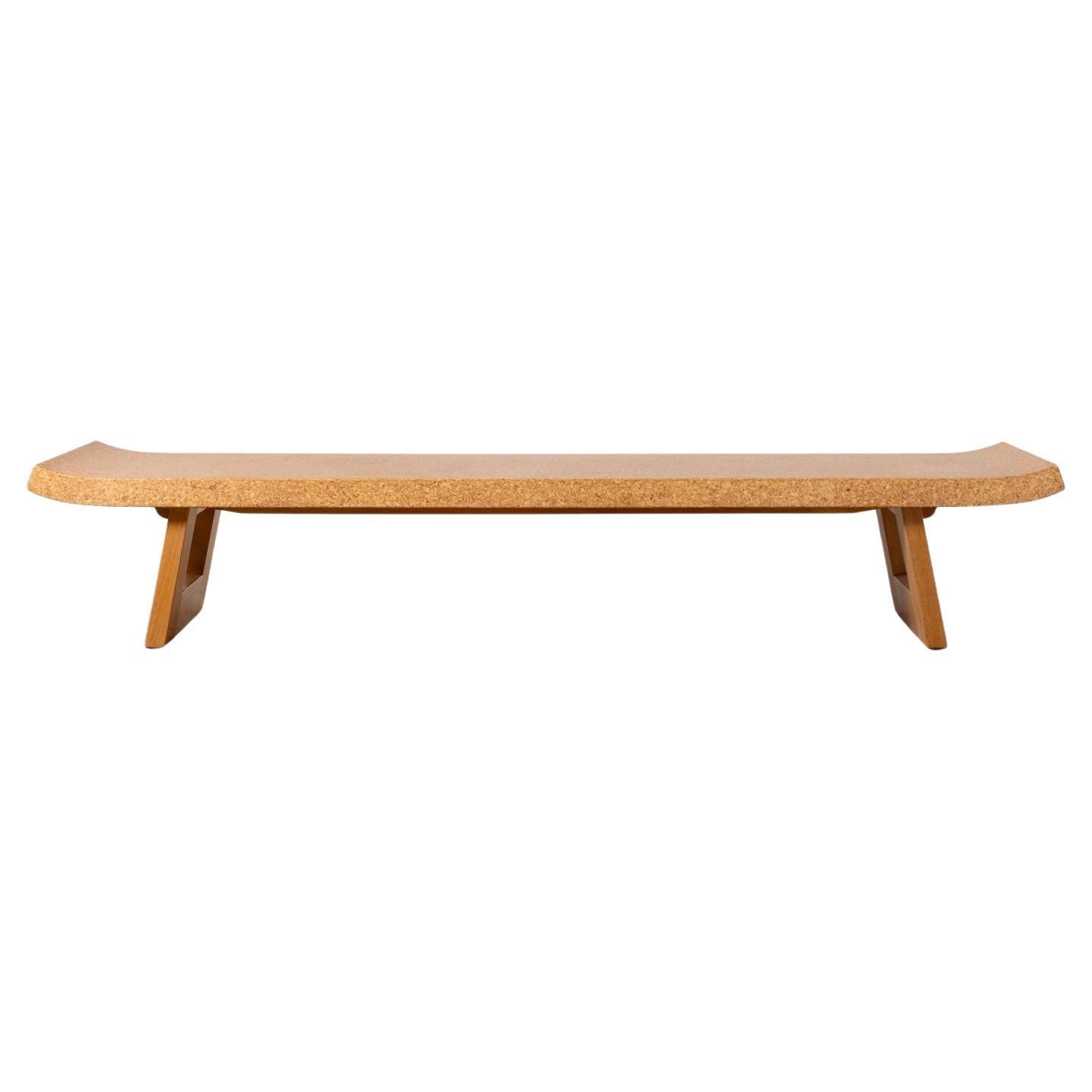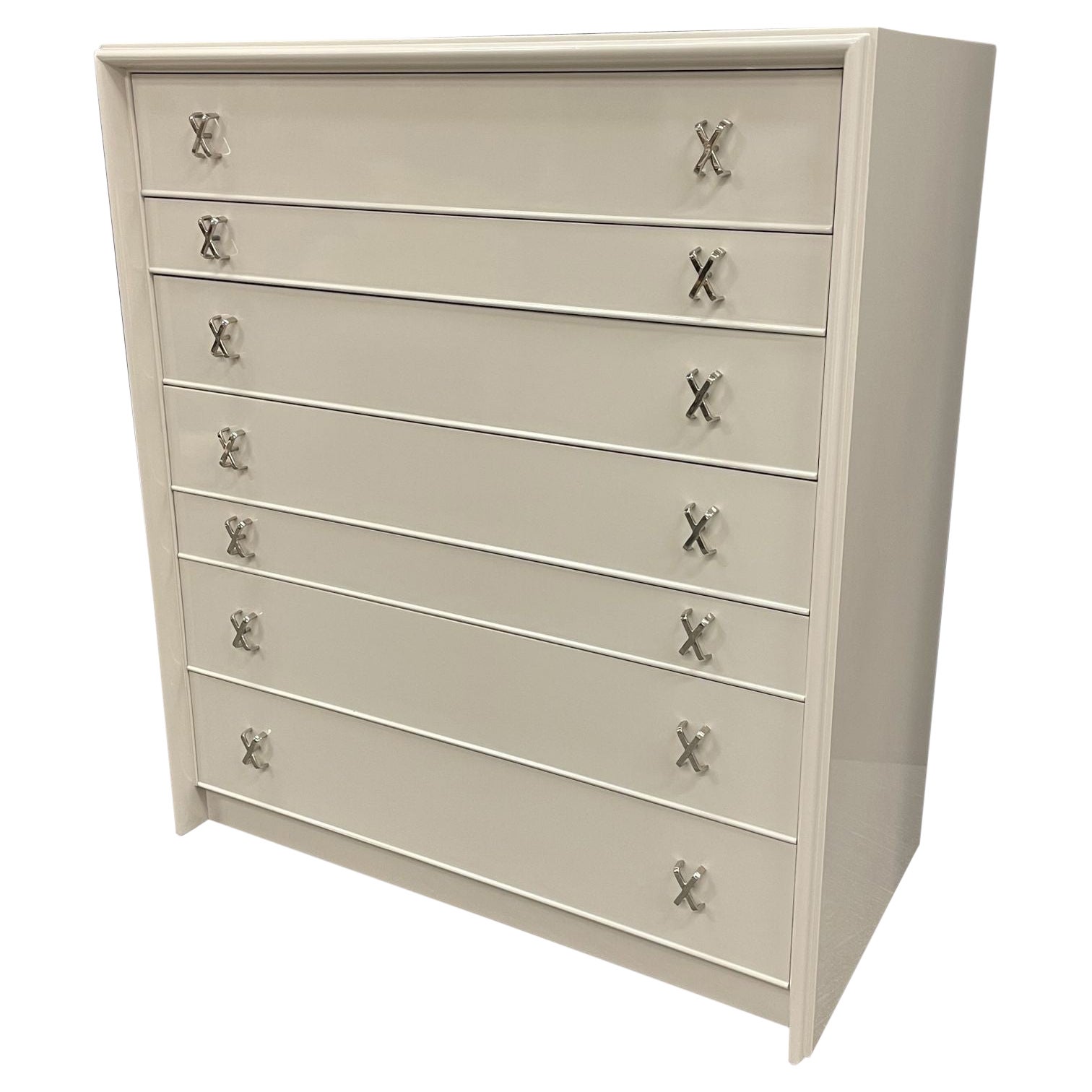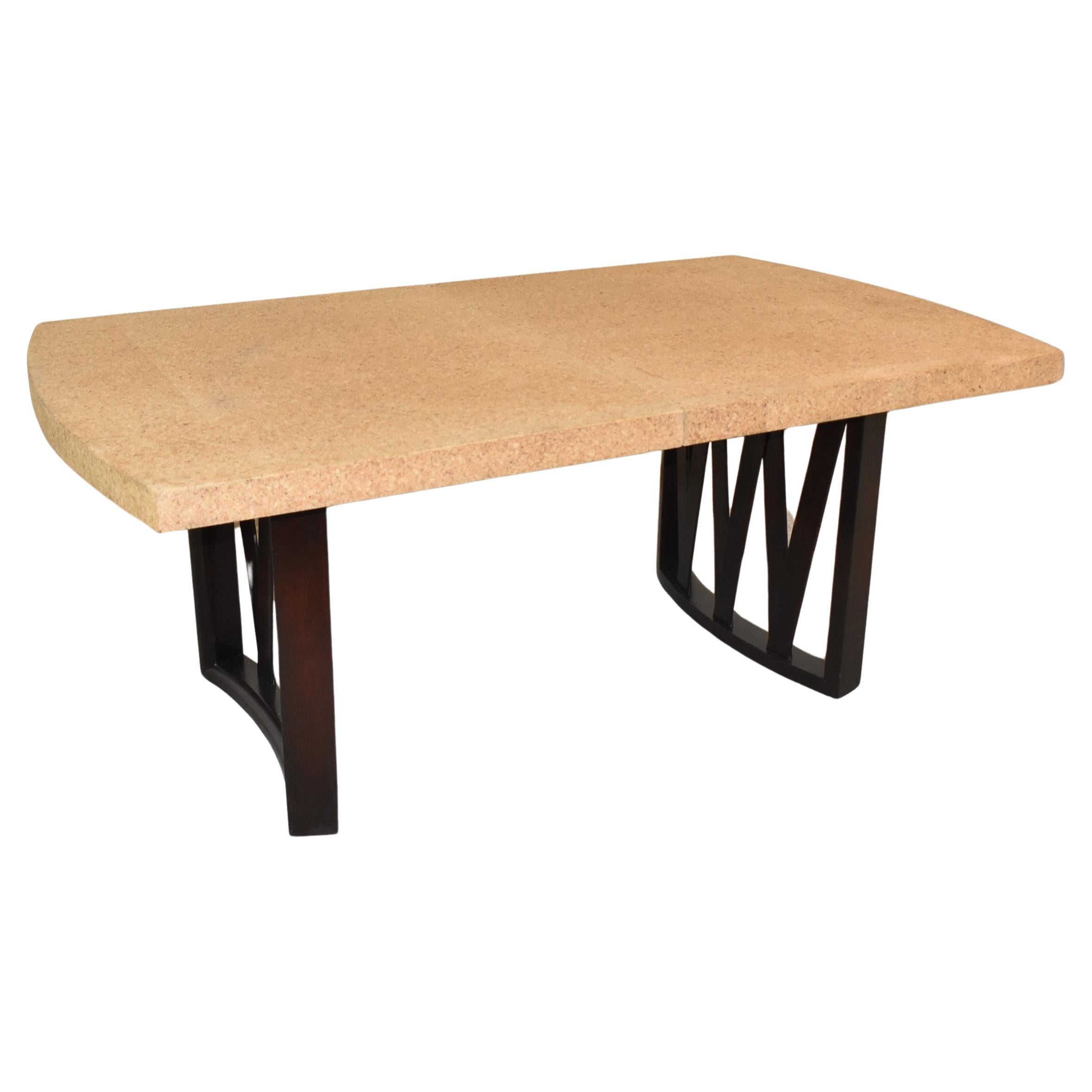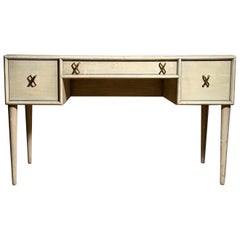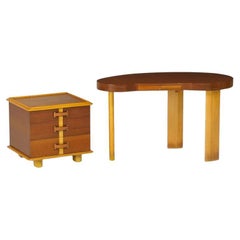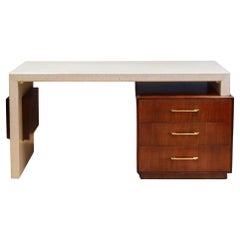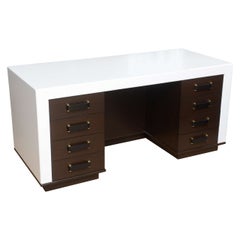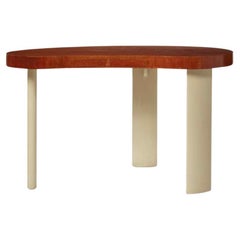
Paul Frankl Kidney Desk for Johnson Furniture
View Similar Items
Paul Frankl Kidney Desk for Johnson Furniture
About the Item
- Creator:Paul Frankl (Designer)
- Dimensions:Height: 28.23 in (71.7 cm)Width: 48.23 in (122.5 cm)Depth: 23.23 in (59 cm)
- Style:Mid-Century Modern (Of the Period)
- Materials and Techniques:
- Place of Origin:
- Period:
- Date of Manufacture:1950
- Condition:Repaired: Some small parts of the veneer must have been replaced. It was executed by a professional. The tabletop surface was finely sanded and lacquered. Wear consistent with age and use.
- Seller Location:Zürich, CH
- Reference Number:1stDibs: LU9625238170212
Paul Frankl
Born in Vienna, Paul Frankl came to the United States in 1914 as part of a wave of Central European design luminaries — among them Kem Weber, Rudolph Schindler, and Richard Neutra — who were drawn by the energy and optimism of the American scene. Prolific and protean, Frankl would go on to design furnishings that are emblematic of nearly every key stylistic chord in American modernism, from the streamlined Art Deco to free-form organic shapes.
Frankl's Skyscraper cabinets, bookcases and more — introduced in 1924 — are his earliest and best-known designs (and the work by which he is most often represented in institutions, such as New York’s Metropolitan Museum of Art). Tall and narrow, the pieces have staggered shelves meant to mimic the setbacks of Manhattan office towers. A later visually expressive line — the Speed chairs and sofas, which have a raked profile suggesting motion — links Frankl to Donald Deskey, Raymond Loewy and other creators of Streamline Moderne design.
Frankl moved to Los Angeles in 1934 and luxuriated in the climate and lifestyle. His designs became lighter and simpler and found an audience among the Hollywood élite. (Katharine Hepburn, Cary Grant and Fred Astaire were clients.) Fascinated by Asian arts, Frankl produced numerous pieces — tabletops with edges that curve upward; sofas, chairs and other seating with rattan frames — inspired by Chinese and Japanese forms and materials. In the 1940s, Frankl became one of the first designers to incorporate free-form, biomorphic shapes in his work, as well as novel upholstery fabrics such as denim and nubby wool.
Frankl biographer Christopher Long argues that the designer’s easy, elegant aesthetic had an enormous influence on movie set design. As the furniture below attests, Paul Frankl’s work is ready for its close-up.
Find vintage Paul Frankl tables, dining chairs, case pieces and storage cabinets on 1stDibs.
You May Also Like
Mid-20th Century American Mid-Century Modern Desks and Writing Tables
Wood
Mid-20th Century American Mid-Century Modern Desks and Writing Tables
Wood, Birch, Mahogany, Maple, Teak
Mid-20th Century American Mid-Century Modern Desks and Writing Tables
Brass
Vintage 1940s American Mid-Century Modern Desks and Writing Tables
Brass
20th Century American Mid-Century Modern End Tables
Brass
Vintage 1950s American Art Deco Side Tables
Brass
